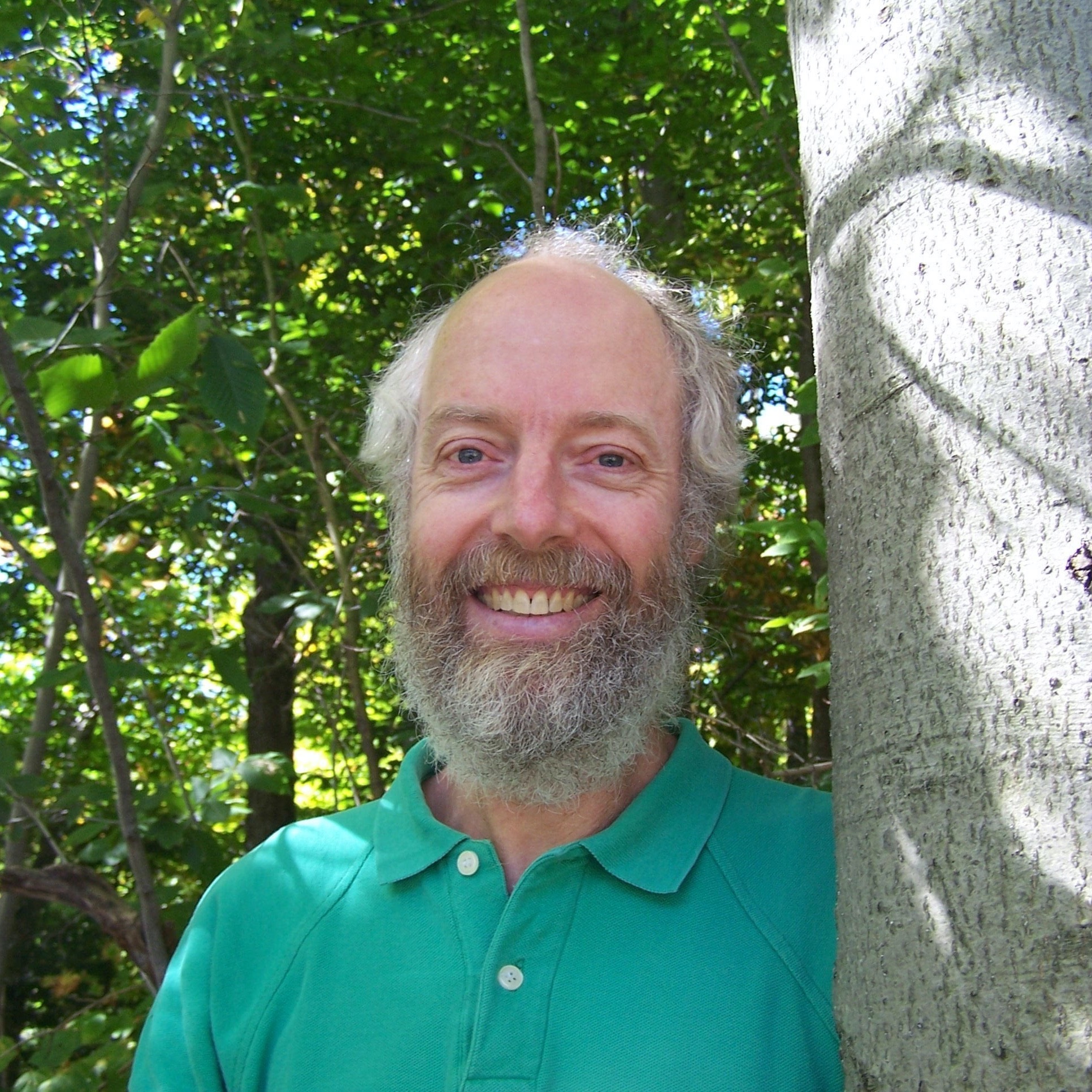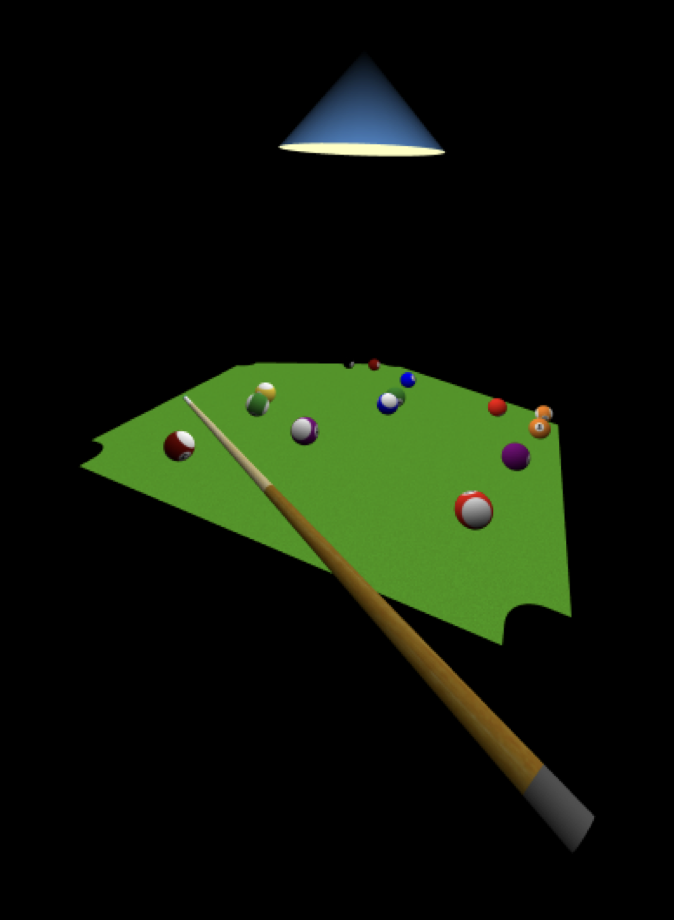Important Dates:
Abstract Submission Date: Feb 7, 2020
Registration Date: Feb 7, 2020
Conference Date: Feb 29, 2020
Register Here (NOW Closed)
Key Note:

Dr. Ivan Ramler, St. Lawrence University
Title: How Data Science Makes Me a Better Gamer
Abstract:
While still young and discovering its true nature, the field of Data Science is generally viewed as a multi-disciplinary field whose background stems from Mathematics, Statistics, and Computer Science. One main goal of many data science projects is to extract knowledge from data and use it to assemble predictive tools. One new area of application for data science is in esports (i.e., competitive video games). In this talk, I will describe how applying data science principles to two games improved my gaming experience. The first study involves identifying the prevalence of and impact on game play due to illicit bots in the game League of Legends, and the second showcases several student projects related to understanding gameplay in Clash Royale.
Key Note:


Dr. Jeff Weeks, American mathematician, a geometric topologist and cosmologist, 1999 MacArthur Fellow.
Title: Non-Euclidean Billiards
Abstract:
After a two-minute introduction to 2D spherical, Euclidean and hyperbolic geometry using fleece surfaces, volunteers will don a VR headset to try their hand at pool in 3D spherical, Euclidean and hyperbolic spaces, with the rest of the audience following along on the lecture hall’s main screen. Even experienced geometers may find some surprising optical effects, which we’ll explain using the fleece surfaces. The Pool game will remain available after the talk to let as many people as possible try non-Euclidean pool for themselves.
About Dr. Ivan Ramler
Ivan Ramler is an Associate Professor of Statistics in the Department of Mathematics, Computer Science, and Statistics at St. Lawrence University. He received his PhD (in Statistics) from Iowa State University in 2009 and has been at St. Lawrence since. He was introduced to esports games in 2014 and became interested in esports analytics after realizing it was the intersection of his earlier interests in numbers, sports, and video games. His research related to video games has appeared in the book Data Analytics Applications in Gaming and Entertainment, the Journal of Statistics Education, as well as conference proceedings associated with the International Workshop on Network and Systems Support for Games, the Foundations of Digital Games, and the Joint Statistical Meetings.
About Dr. Jeff Weeks
Jeff fell in love with geometry in 12th grade when he read the book Flatland. While an undergraduate at Dartmouth College he bounced back and forth between math and physics, eventually settling on math and going on to study topology at Princeton University with Bill Thurston and his students, whose colored-chalk approach to mathematics Jeff loved. After teaching at Ithaca College, Jeff resigned to be a full-time Dad for several years. From there he became a free-lance geometer, at first part-time, then full-time. He enjoyed extensive work with the Geometry Center and the National Science Foundation (NSF) as well as smaller gigs for science museums and teaching at Middlebury College. In 1999 an unexpected phone call brought a MacArthur Fellowship: five years of unfettered work on the topology of the universe, along with time to develop educational materials for middle schools and high schools. More recently, with NSF support, Jeff has developed software that lets non-specialists explore beautiful and surprising worlds in 2, 3 and 4 dimensions. His latest projects include a 3rd edition of his book The Shape of Space and the VR Billiards game that you'll get to play during or immediately after this talk.
Key Note:

Dr. Joe Skufca, Clarkson University
Title: The Science of Intentional Visualization
Abstract:
Scientific communication relies heavily upon pictures, graphs, images, and other visual means of communication. In this talk, we explore a little bit of the theory behind how we communicate quantitative information through visualization - how it works and why we do it. Once we understand how it works, we can develop our ability to build visualizations that communicate most effectively. We show that making good graphs requires that we intentionally take advantage of the way our brain processes visual input.
All undergraduate, graduate students and faculty from northern New York are invited to participate in the fourth Mathematics Conference and Competition of Northern New York (MCCNNY2020), at Clarkson University on Saturday 2/29/2020. This conference is a student-driven research oral and poster presentations and panel discussions. The purpose of the conference is to foster collaborations within the Associated Colleges of the St. Lawrence Valley, provide career, REU and graduate school information, and to celebrate the success of mathematics students. Please encourage your faculty and students to participate in MCCNNY 2020.
Should you have any questions, please contact us at
Guangming Yao, gyao@clarkson.edu
Joel Foisy, foisyjs@potsdam.edu
Blair Madore, madorebf@potsdam.edu
Jesse Clark-Stone, clarksjl@clarkson.edu
Daniel Look, dlook@stlawu.edu
Key Note:

Dr. Ivan Ramler, St. Lawrence University
Title: How Data Science Makes Me a Better Gamer
Abstract: While still young and discovering its true nature, the field of Data Science is generally viewed as a multi-disciplinary field whose background stems from Mathematics, Statistics, and Computer Science. One main goal of many data science projects is to extract knowledge from data and use it to assemble predictive tools. One new area of application for data science is in esports (i.e., competitive video games). In this talk, I will describe how applying data science principles to two games improved my gaming experience. The first study involves identifying the prevalence of and impact on game play due to illicit bots in the game League of Legends, and the second showcases several student projects related to understanding gameplay in Clash Royale.Key Note:


Dr. Jeff Weeks, American mathematician, a geometric topologist and cosmologist, 1999 MacArthur Fellow.
Title: Non-Euclidean Billiards
Abstract: After a two-minute introduction to 2D spherical, Euclidean and hyperbolic geometry using fleece surfaces, volunteers will don a VR headset to try their hand at pool in 3D spherical, Euclidean and hyperbolic spaces, with the rest of the audience following along on the lecture hall’s main screen. Even experienced geometers may find some surprising optical effects, which we’ll explain using the fleece surfaces. The Pool game will remain available after the talk to let as many people as possible try non-Euclidean pool for themselves.About Dr. Ivan Ramler
Ivan Ramler is an Associate Professor of Statistics in the Department of Mathematics, Computer Science, and Statistics at St. Lawrence University. He received his PhD (in Statistics) from Iowa State University in 2009 and has been at St. Lawrence since. He was introduced to esports games in 2014 and became interested in esports analytics after realizing it was the intersection of his earlier interests in numbers, sports, and video games. His research related to video games has appeared in the book Data Analytics Applications in Gaming and Entertainment, the Journal of Statistics Education, as well as conference proceedings associated with the International Workshop on Network and Systems Support for Games, the Foundations of Digital Games, and the Joint Statistical Meetings.About Dr. Jeff Weeks
Jeff fell in love with geometry in 12th grade when he read the book Flatland. While an undergraduate at Dartmouth College he bounced back and forth between math and physics, eventually settling on math and going on to study topology at Princeton University with Bill Thurston and his students, whose colored-chalk approach to mathematics Jeff loved. After teaching at Ithaca College, Jeff resigned to be a full-time Dad for several years. From there he became a free-lance geometer, at first part-time, then full-time. He enjoyed extensive work with the Geometry Center and the National Science Foundation (NSF) as well as smaller gigs for science museums and teaching at Middlebury College. In 1999 an unexpected phone call brought a MacArthur Fellowship: five years of unfettered work on the topology of the universe, along with time to develop educational materials for middle schools and high schools. More recently, with NSF support, Jeff has developed software that lets non-specialists explore beautiful and surprising worlds in 2, 3 and 4 dimensions. His latest projects include a 3rd edition of his book The Shape of Space and the VR Billiards game that you'll get to play during or immediately after this talk.Key Note:

Dr. Joe Skufca, Clarkson University
Title: The Science of Intentional Visualization
Abstract: Scientific communication relies heavily upon pictures, graphs, images, and other visual means of communication. In this talk, we explore a little bit of the theory behind how we communicate quantitative information through visualization - how it works and why we do it. Once we understand how it works, we can develop our ability to build visualizations that communicate most effectively. We show that making good graphs requires that we intentionally take advantage of the way our brain processes visual input.
All undergraduate, graduate students and faculty from northern New York are invited to participate in the fourth Mathematics Conference and Competition of Northern New York (MCCNNY2020), at Clarkson University on Saturday 2/29/2020. This conference is a student-driven research oral and poster presentations and panel discussions. The purpose of the conference is to foster collaborations within the Associated Colleges of the St. Lawrence Valley, provide career, REU and graduate school information, and to celebrate the success of mathematics students. Please encourage your faculty and students to participate in MCCNNY 2020.
Should you have any questions, please contact us at
Guangming Yao, gyao@clarkson.edu
Joel Foisy, foisyjs@potsdam.edu
Blair Madore, madorebf@potsdam.edu
Jesse Clark-Stone, clarksjl@clarkson.edu
Daniel Look, dlook@stlawu.edu